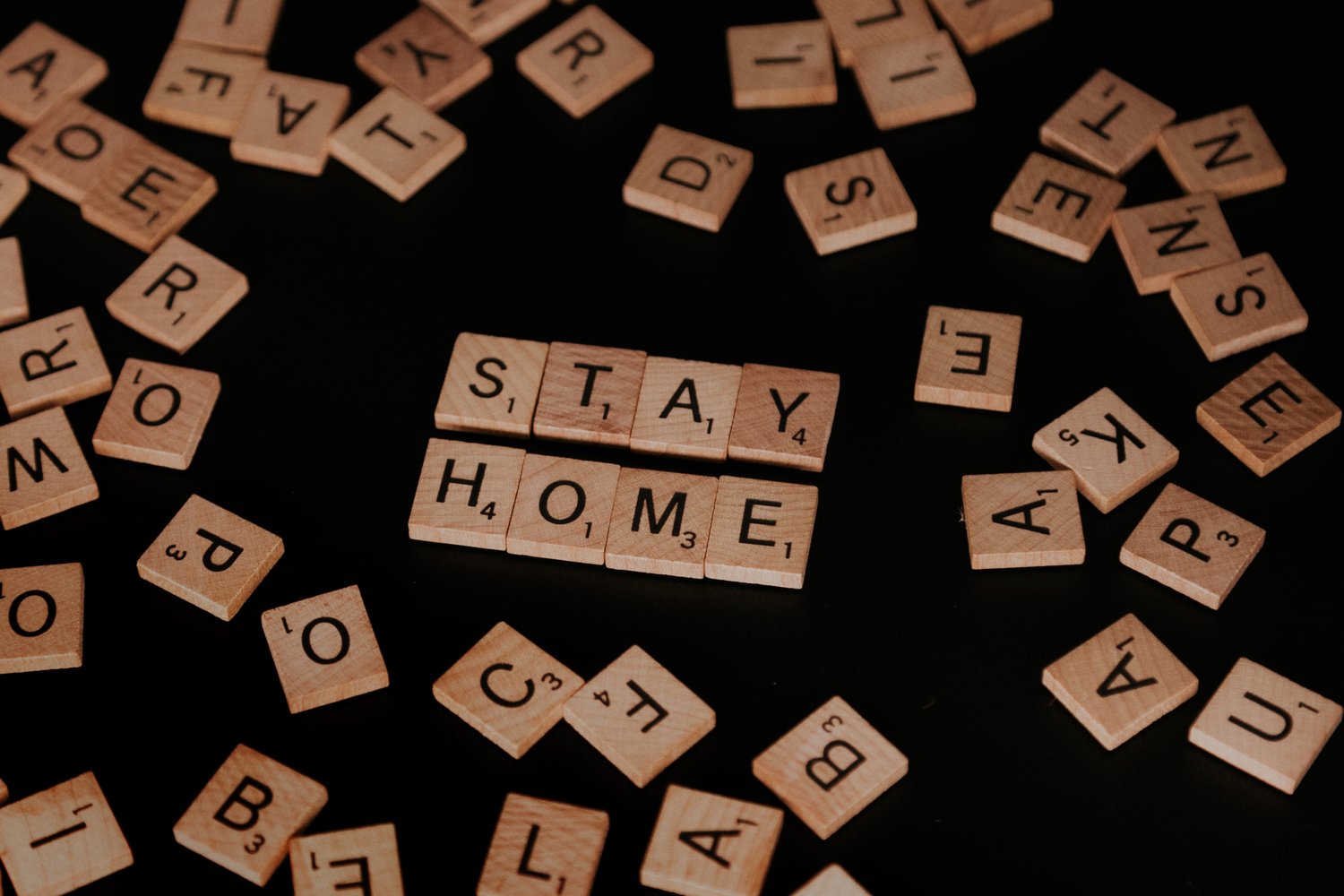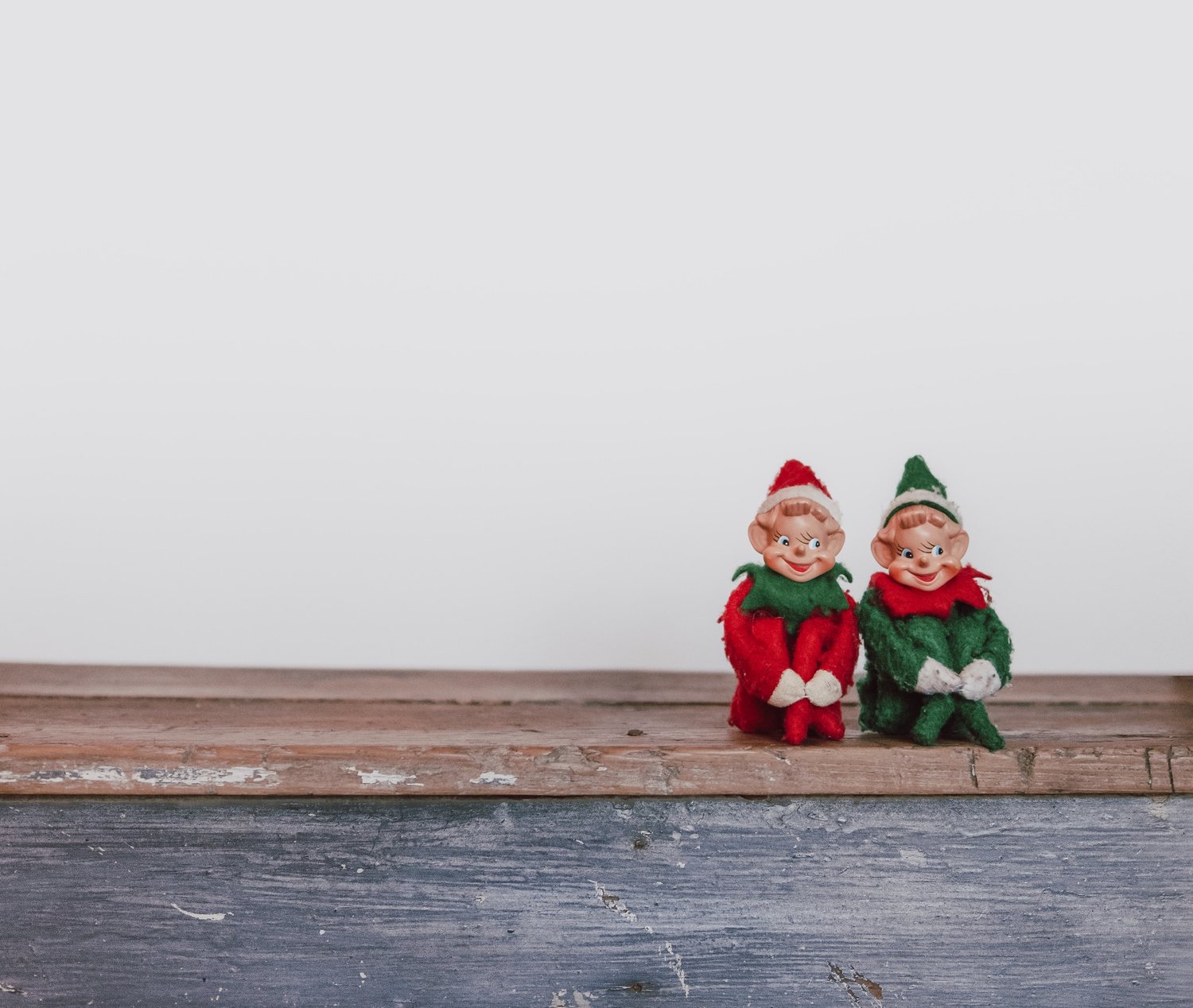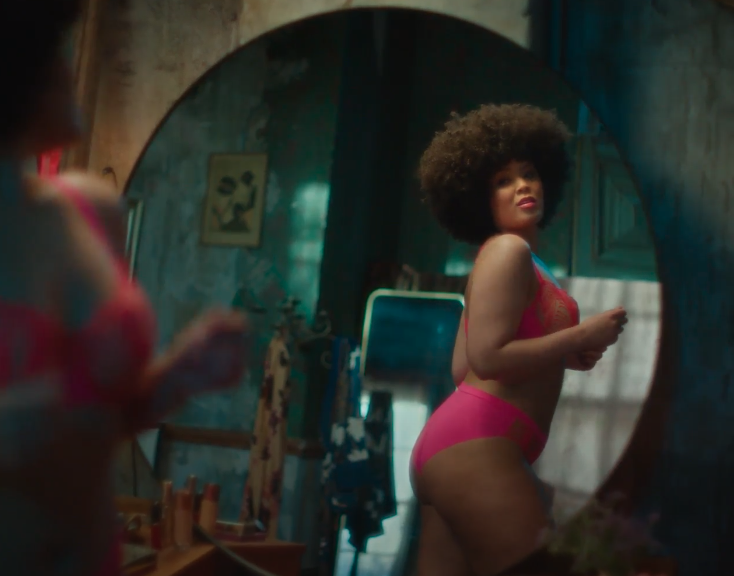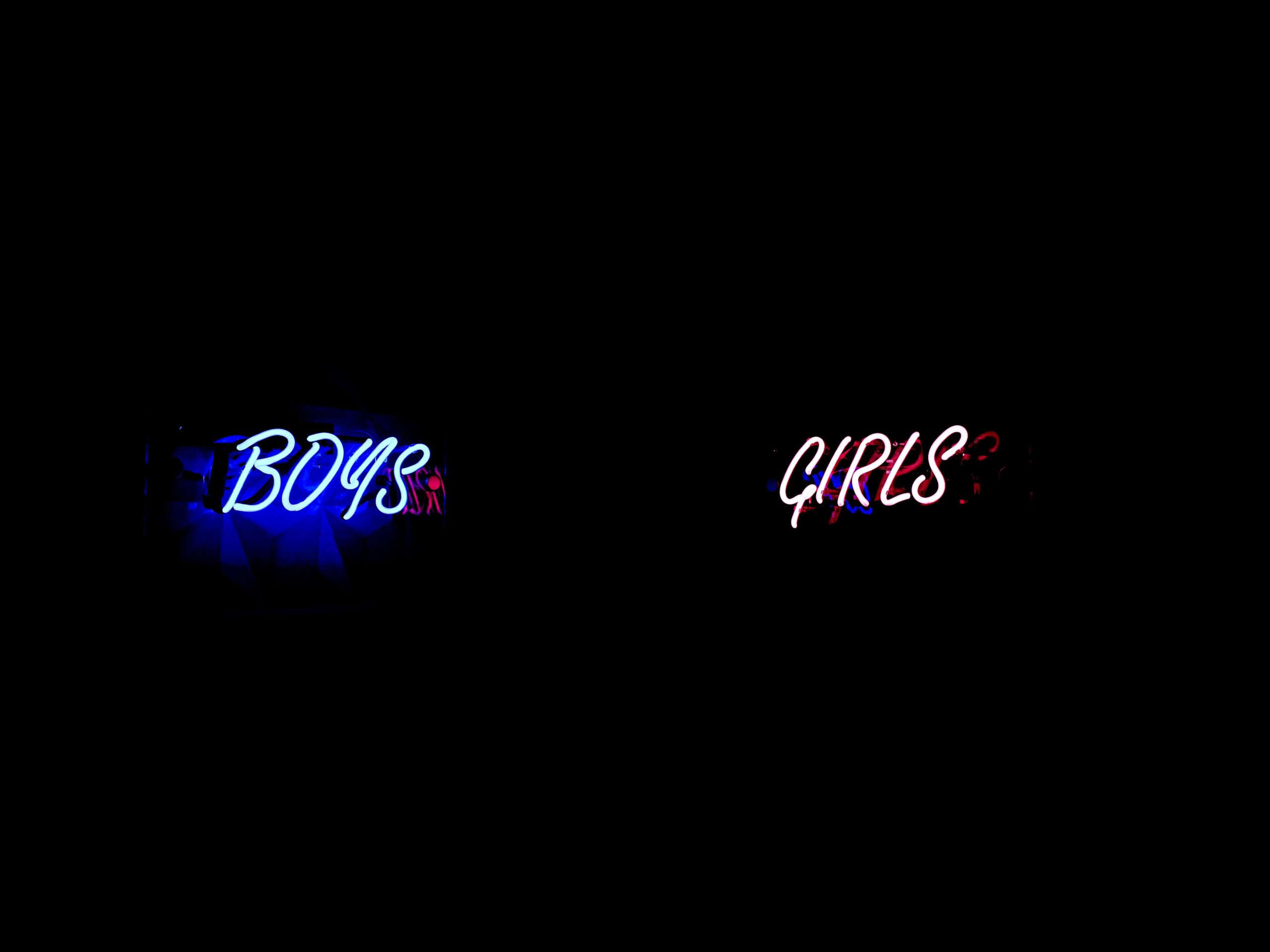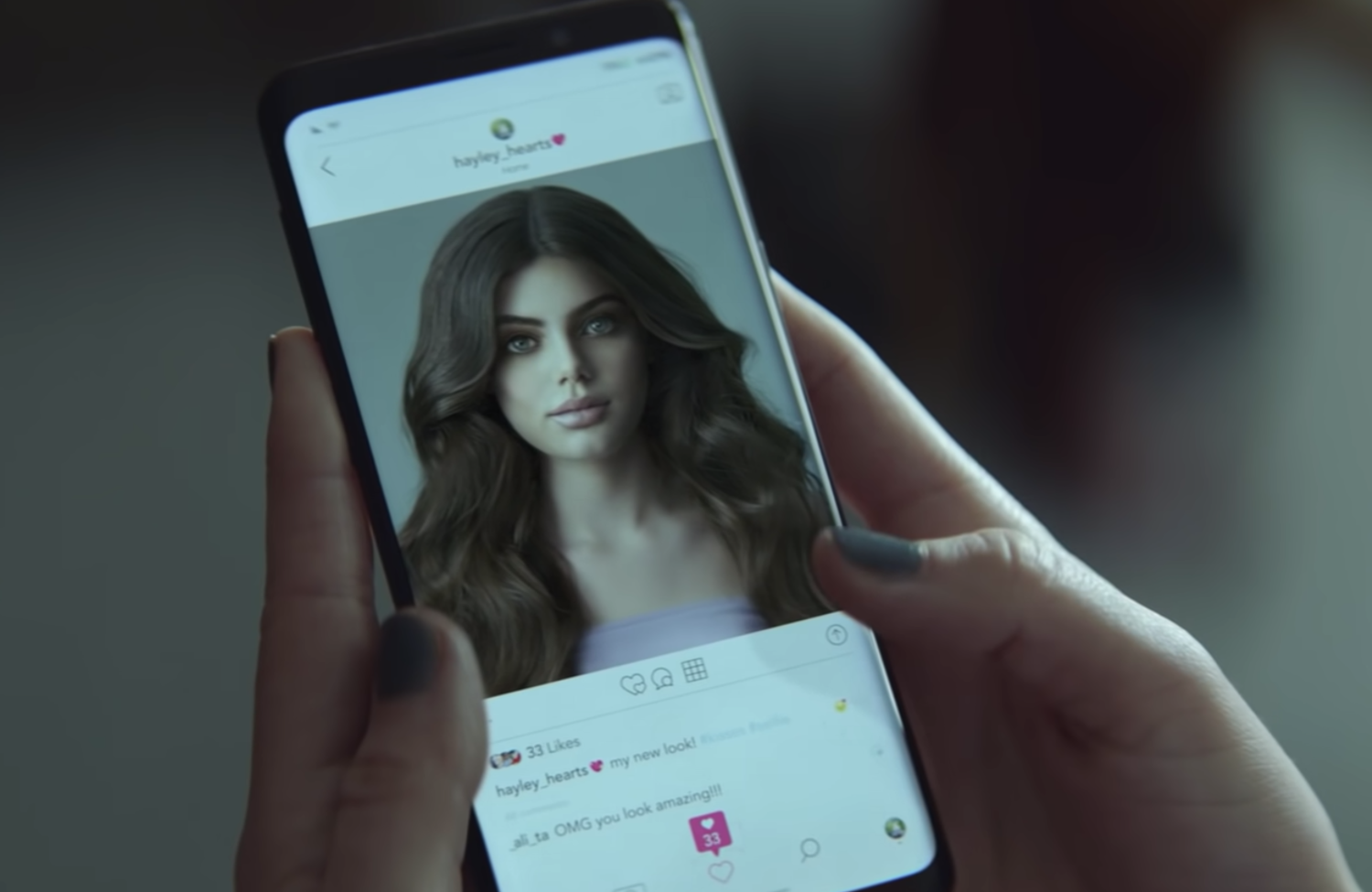
Dove study shows the long-lasting effects of face retouching apps for young Kiwis
A new study presented by the Dove Self-Esteem Project has revealed that almost half of New Zealand girls are using filters and retouching apps by age 10. From face altering filters to getting the perfect selfie, the study reveals the impact digital distortion is having on young girls’ body confidence.
Amid a rise in social media platforms, and increased online presence due to the Covid-19 pandemic, long-time advocate for real beauty, Dove, has released research that has revealed that almost half of New Zealand girls are using filters and retouching apps by as young as age 10.
The research, part of a global survey of girls aged 10-17 and conducted by Edelman Data & Intelligence, a global, multidisciplinary research, analytics and data consultancy, also revealed that 50% of New Zealand girls were apprehensive about what they were sharing on social media and wished they could share content freely without worrying about the reactions of others. More than half of them (56%) confessed to taking lots of photos in order to capture the perfect one.
Overall, New Zealand girls are spending a whopping 101 minutes on social media daily. That’s more than their Australian cousins, who are spending an average of 88 minutes each day.
To help raise awareness about the issue and the research in New Zealand, Dove has partnered with media personality and mother of three, Toni Street. Of the research, Street said,
While the odd filter can be lots of fun, constant consumption of social media and the digital distortion available these days is clearly having a lasting negative effect on the self-esteem and body confidence of our young people. I want to make sure I have the knowledge and tools to help my kids through these challenges. I hate the thought of our young people being consumed by the way they think they need to look.”
To help shine a light on the issues around selfie culture and digital distortion, long-time advocate for real beauty, Dove, has launched its Confidence Kit, which provides parents and teachers of teens with practical tools and solutions to help boost body confidence and navigate social media in a healthier way.
Professor Phillippa Diedrichs, Research Psychologist at the Centre of Appearance Research at the University of West England and creator of the Confidence Kit says that while certain aspects of social media can promote connection and well-being, the way in which social media is treated can often be a double-edged sword, with constant consumption of media often resulting in negative feelings towards individuals body confidence, mood, and self-esteem.
Professor Diedrichs said, “Oftentimes, this can be attributed to users spending significant amounts of time posting selfies, using editing apps and filters to alter their appearance, comparing themselves to others, and seeking validation through comments and likes. It is therefore imperative that we help young people to develop the skills to navigate social media in a healthy and productive way.”
The Confidence Kite provides parents and teachers with a dedicated online resource tool that allows parents and caregivers to understand the challenges of what a young person is likely to face online in the digital media era.
RESEARCH FINDINGS INCLUDED:INCLUDED:
- The top 3 body parts or features that New Zealand girls try to hide, or change are their hair, their face, their lips
- 3 in 4 New Zealand girls have used a filter to change how they look online by age 13
- Before posting a selfie, 3 in 4 would delete it and try again if they didn’t look perfect in it
- New Zealand girls spend a total of 29 minutes a day on YouTube, 25 minutes on Instagram, 23 minutes on TikTok, 21 minutes on Facebook and 19 minutes on SnapChat
- 40% of New Zealand girls have done their hair just to take a selfie
- 41% of New Zealand girls feel less beautiful after seeing photos of their friends on social media
- 58% of New Zealand girls say filters have become part of everyday life
- 52% of New Zealand girls would prefer it if no-one could edit their photos
Nicky Sparshott, Unilever Australia and New Zealand CEO, explains, “For over 60 years, Dove has been a leading advocate for real beauty and its authentic representation in advertising and digital channels. The evolution of social media and the filters and editing apps that come with it to portray a certain image, has not only enabled creative expression but hindered the way in which we see ourselves.”
“After three years of increased screen time in a pandemic environment, heightened exposure to unrealistic beauty ideals and never-ending beauty and fashion trends; there has never been a more important time for us to reflect on the impact that this is having on our mental wellbeing as well as the way in which our children perceive themselves. As a mother, I am proud to be part of a campaign that highlights these issues and empowers others to help young people navigate social media in a positive way in the digital day and age.”
The launch of the Confidence Kit is just the latest activity for Dove’s Self-Esteem Project, which aims to help 250 million kids worldwide with self-esteem education by 2030. By partnering with local organisations like the Butterfly Foundation (Australia) and School Kit (New Zealand) to help bring body confidence education into schools, the Dove Self-Esteem Project has already reached 32,000 young people in New Zealand through their educational programmes.
To support the campaign, Dove has launched its New Zealand version of its new TVC, ‘Reverse Selfie’. The TVC showcases the emotional and physical stages of posting a selfie; highlighting how editing tools once only available to the professionals can now be accessed by young people at the touch of a button without regulation.
Related Posts
New study shows one in four have developed mental health issues since Covid
Around one in four adults have developed mental health issues following Covid
7 ways to look after your mental health this Christmas
Christmas can certainly be a difficult time, with 26% of people experiencing poor mental health during the festive season.
Endo: The invisible problem debilitating women
Explore why this crippling disease often goes untreated in New Zealand
Libra encourages liberation from period stigma
Libra tackles period stigma in latest advertisement
18 weeks too long: Why did no one tell me pregnancy is shit?
Amber Slone explores why pregnancy fucking sucks
The Orgasm Gap: It’s time to rethink intercourse
It's time to get serious about how we approach the growing orgasm gap


